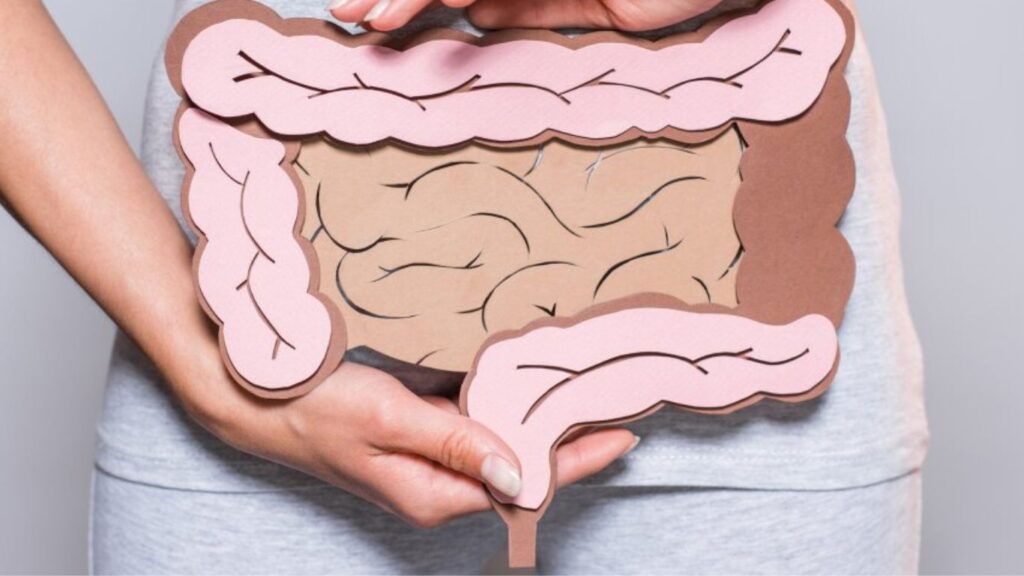In the world of health and wellness, one piece of advice that continues to resurface is the importance of avoiding late-night eating. While it may seem harmless to enjoy a snack after dinner or indulge in a midnight treat, there is scientific evidence suggesting that eating after sunset can disrupt your metabolism. Understanding how your body processes food, the role of circadian rhythms, and the potential health risks involved can shed light on why meal timing is critical for maintaining optimal health.
The Science Behind Why Eating After Sunset Can Disrupt Your Metabolism
The Role of Circadian Rhythms in Digestion and Metabolism
Your body operates on an internal clock known as the circadian rhythm, which governs many physiological processes, including your sleep-wake cycle, hormone production, and metabolism. This 24-hour cycle is closely tied to natural light and darkness, meaning your body is biologically programmed to be more active during the day and to rest and recover during the night.
During daylight hours, your body’s metabolism is at its peak. The production of digestive enzymes is higher, your insulin sensitivity is greater, and your body is primed to process and absorb nutrients efficiently. As the day progresses and the sun sets, your metabolism starts to slow down, preparing for rest rather than digestion. Eating after sunset interferes with this natural rhythm, forcing your body to process food at a time when it’s less equipped to do so.
How Late-Night Eating Disrupts Metabolism
When you consume food late at night, it can throw off the delicate balance of your circadian rhythm, leading to metabolic disruptions. Here’s how:

- Reduced Insulin Sensitivity: Insulin is a hormone responsible for regulating blood sugar levels by allowing glucose to enter your cells. Studies have shown that insulin sensitivity is lower in the evening and night compared to the morning. This means that when you eat late at night, your body struggles to process glucose efficiently, leading to elevated blood sugar levels. Over time, this can contribute to insulin resistance, a precursor to metabolic disorders like type 2 diabetes.
- Slower Digestion: Your digestive system slows down in the evening as part of the body’s preparation for rest. Eating after sunset can lead to slower digestion, causing issues like indigestion, acid reflux, and bloating. The slower digestive process can also mean that food is not broken down and absorbed as efficiently, which may contribute to weight gain and poor nutrient absorption.
- Disrupted Fat Metabolism: Research has found that late-night eating can impair the body’s ability to burn fat. This is because the body’s energy needs are lower during the night when you’re less active. Consuming food when your body doesn’t need energy results in excess calories being stored as fat rather than being used for immediate energy needs. Over time, this can lead to weight gain and an increase in body fat percentage.
Impact on Hormonal Regulation
The timing of your meals also affects the production of hormones that play a key role in regulating metabolism, hunger, and fat storage. Two such hormones are leptin and ghrelin.
- Leptin is known as the “satiety hormone” because it signals to your brain that you’re full and don’t need to eat anymore. However, eating late at night can interfere with leptin production, making it harder to recognize when you’re full. This can lead to overeating and an increased risk of weight gain.
- Ghrelin, on the other hand, is often referred to as the “hunger hormone” because it stimulates appetite. Late-night eating can cause elevated levels of ghrelin, making you feel hungrier and more likely to consume additional calories.
Moreover, eating late at night can increase the production of cortisol, the stress hormone, which is linked to fat storage, particularly around the abdominal area. Elevated cortisol levels at night can also interfere with melatonin production, which negatively impacts sleep quality. Poor sleep is known to have a cascading effect on metabolism, leading to increased cravings for sugary and fatty foods the next day.
Potential Long-Term Health Risks
Consistent late-night eating can lead to long-term health consequences, especially if combined with an overall poor diet and lack of physical activity. Some potential risks include:

- Weight Gain: As discussed earlier, eating when your body is less active leads to the accumulation of excess calories as fat. Over time, this can contribute to weight gain and even obesity.
- Type 2 Diabetes: The reduced insulin sensitivity associated with eating after sunset increases your risk of developing insulin resistance, a major factor in the development of type 2 diabetes.
- Heart Disease: Research suggests that people who eat late at night are more likely to develop risk factors for cardiovascular disease, such as high blood pressure, high cholesterol, and inflammation.
Conclusion: Align Your Eating Habits with Your Body’s Natural Clock
The timing of your meals plays a significant role in determining how well your body processes food and maintains a healthy metabolism. By avoiding eating after sunset, you allow your body to follow its natural circadian rhythm, optimizing digestion, insulin sensitivity, and fat metabolism. Making this simple change can have profound effects on your long-term health, reducing the risk of weight gain, diabetes, and other metabolic disorders.
Also read: 5 Everyday Habits That Are Secretly Killing Your Appetite
